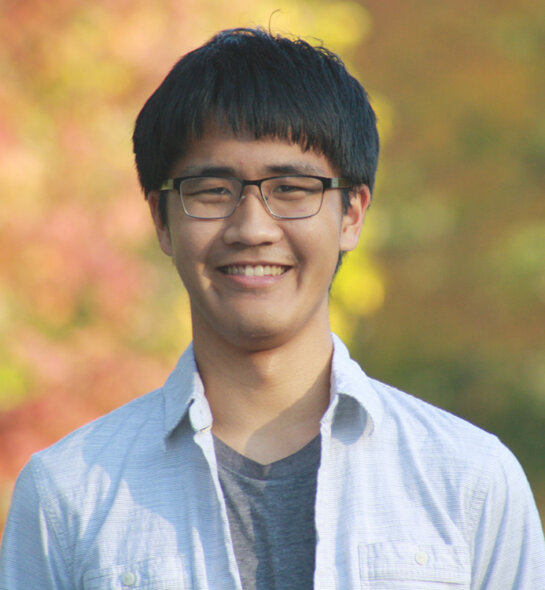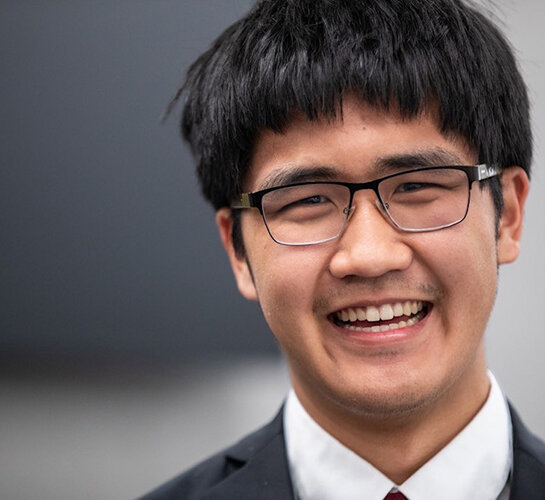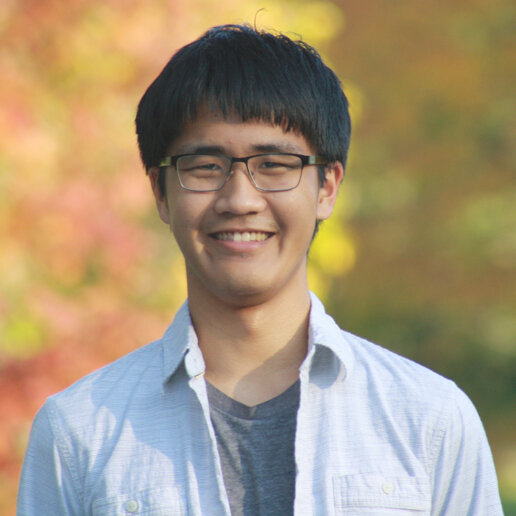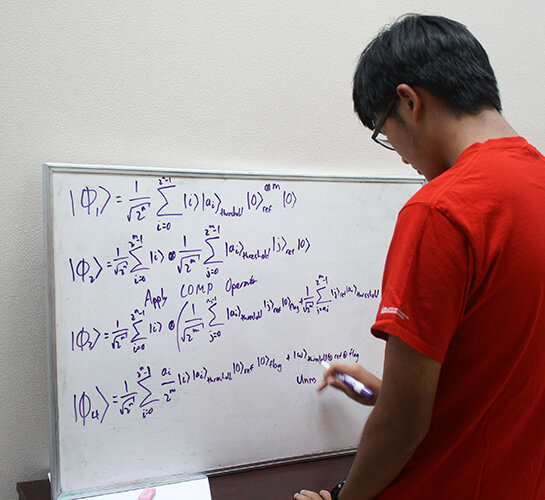Deeper Dive
In my project, I developed a quantum algorithm that significantly reduces the computational complexity of state preparation for quantum computation. The field of quantum computing could provide massive speedup over its current classical counterparts through a paradigm shift on how computation is performed. However, quantum computing is still in its infancy, and its success depends on a multitude of factors, mainly quantum hardware and quantum algorithms. My project focused on specifically expanding the scope of quantum algorithms. Specifically, it extends the quantum Monte Carlo algorithm, from the normal distribution to much broader use cases. My interest in quantum computing first came from an independent physics class I took in my junior year of high school where I learned about quantum mechanics. As I learned more about quantum mechanics, I looked to quantum computing as a real application to the quantum theory I was learning. From there, I began my research project which developed into a transformative research experience with greater real-world implications.
One of the biggest challenges that I faced in this project was learning the background of quantum computing and quantum algorithms. As a high school student, I had minimal exposure to formal education on quantum computing. Fortunately, there are abundant resources widely available online. I began gathering information about it from sources like online seminars from CERN Laboratory, class notes from CS880 offered at the University of Wisconsin-Madison, and research papers from open-access journals. These resources were able to give me the knowledge to lift my project off the ground and grow it to the state it is in today.
My state preparation algorithm is tailored specifically to the quantum Monte Carlo Algorithm. The classical Monte Carlo algorithm has many use cases in modeling and prediction. My algorithm provides the ability for the quantum Monte Carlo algorithm to be expanded to many applications such as drug discovery, smart manufacturing, and scientific research. Furthermore, my state preparation algorithm can be expanded to a multitude of quantum algorithms and fields like cybersecurity. This allows for much more secure encryption which is the bedrock for all internet communication and e-commerce.



